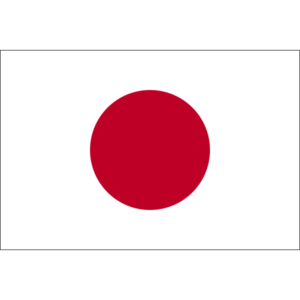The trilateral summit between Japan, South Korea, and China, held for the first time in five years, primarily aimed to resume dialogues among the participants. China sought to use the meeting to persuade Japan and South Korea to distance themselves from the U.S. and engage more with China economically and culturally. However, Japan and South Korea participated to avoid appearing unreasonable. The summit’s main driver was China’s greater need for these talks compared to Japan and South Korea.
Since 2019, significant changes have occurred, including intensified U.S.-China competition, China’s economic slowdown, and various diplomatic setbacks for China. These include the COVID-19 pandemic, aggressive diplomacy, and controversial stances on international conflicts. Japan and South Korea have increasingly diverged from China on security, diplomacy, technology, and economic interests, resulting in minimal substantive cooperation outcomes from the summit.
China, facing economic and geopolitical pressures, tried to rekindle discussions about a trilateral free trade agreement (FTA) and stressed the interconnectedness of their economies. However, Beijing’s attempts to dismiss the security concerns of Japan and South Korea as U.S.-induced misunderstandings were seen as insulting and reinforced perceptions of Sino-centrism. The FTA prospects were bleak due to competitive dynamics, particularly between China and South Korea.
Japan and South Korea hold leverage over China, as they strengthen alliances with the U.S. and other like-minded nations. Japan has adopted a more deterrence-focused foreign policy, expanding its influence and alliances, while South Korea has aligned closely with the U.S. and Japan, promoting a diversified economic strategy.
China’s efforts to drive a wedge between Japan, South Korea, and the U.S. have faced setbacks, and the summit yielded little concrete cooperation. On North Korea, the three countries remain pessimistic about denuclearization, with China showing little incentive to pressure Pyongyang. The trilateral meeting is likely to diminish in significance as Japan and South Korea’s interests continue to diverge from China’s. If China persists in attempting to rewrite the international order, it may push Japan, South Korea, and other like-minded states to form a coalition to contain China’s rise.
Fidelity Japan Trust PLC (LON:FJV) aims to be the key investment of choice for those seeking Japanese companies exposure. The Trust has a ‘growth at reasonable price’ (GARP) investment style and approach – which involves identifying companies whose growth prospects are being under-appreciated or are not fully recognised by other investors.



